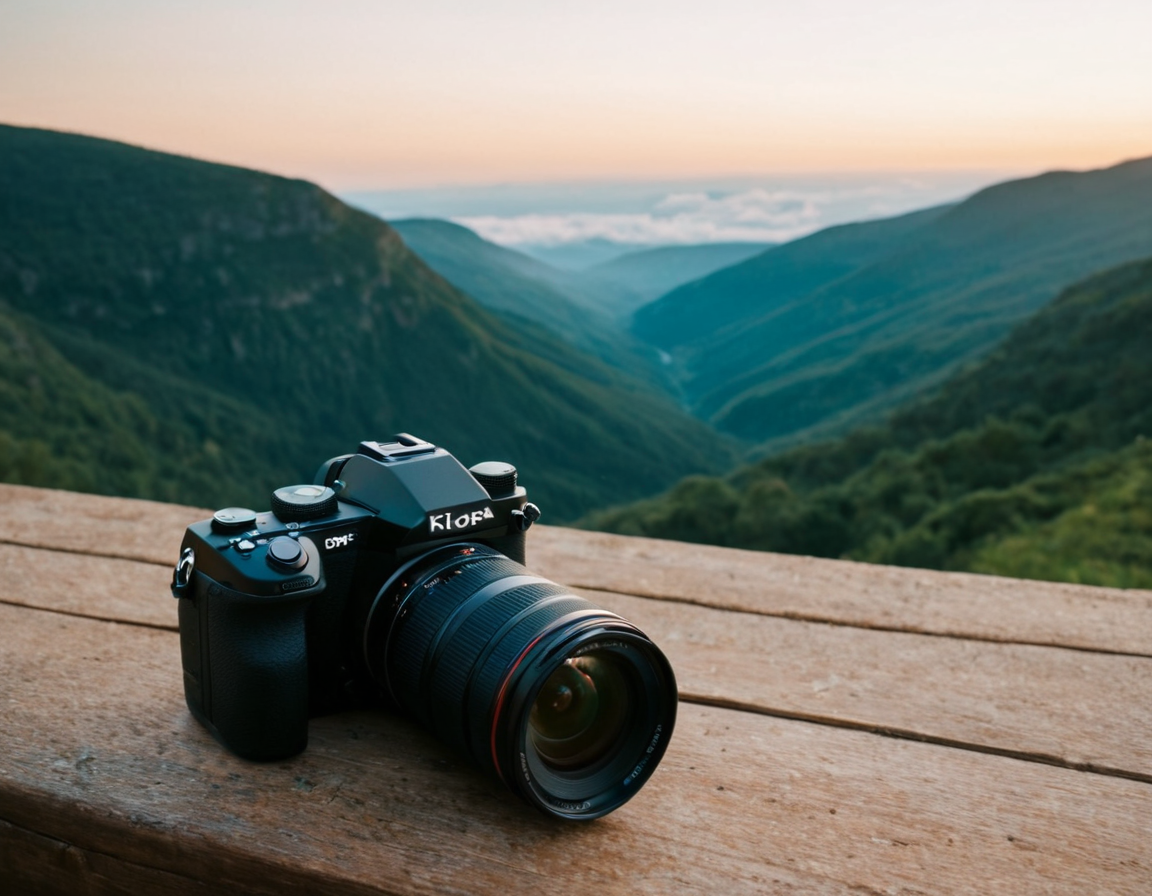Mirrorless or DSLR: Which Camera Suits You Best?

Mirrorless vs. DSLR: Which Camera System is Best for You?
The world of photography has undergone significant changes with the advent of mirrorless and DSLR camera systems. Both have their unique features, advantages, and disadvantages. In this article, we will delve into the differences between these two systems and provide you with a comprehensive guide to help you make an informed decision.
Introduction
With the rise of social media and online platforms, photography has become an increasingly popular hobby and profession. However, the choice of camera system can be overwhelming, especially for those who are new to photography. In this article, we will explore the pros and cons of mirrorless and DSLR camera systems, and provide you with a detailed comparison to help you decide which one is best for your needs.
Understanding Mirrorless Cameras
Mirrorless cameras, also known as electronic viewfinder (EVF) cameras, have gained popularity in recent years due to their compact size, fast autofocus, and improved video capabilities. Here are some key features of mirrorless cameras:
- Compact Size: Mirrorless cameras are significantly smaller and lighter than DSLR cameras, making them ideal for travel and street photography.
- Fast Autofocus: Mirrorless cameras use advanced autofocus systems that provide faster and more accurate focusing.
- Improved Video Capabilities: Mirrorless cameras offer improved video capabilities, including 4K resolution and enhanced stabilization.
However, mirrorless cameras also have some drawbacks, such as:
- Battery Life: Mirrorless cameras generally have shorter battery life due to the constant use of the EVF.
- Limited Lens Selection: The lens selection for mirrorless cameras is still limited compared to DSLR cameras.
Understanding DSLR Cameras
DSLR (Digital Single-Lens Reflex) cameras have been the dominant force in photography for decades. Here are some key features of DSLR cameras:
- Optical Viewfinder: DSLR cameras use an optical viewfinder, which provides a more accurate representation of the scene.
- Better Low-Light Performance: DSLR cameras generally perform better in low-light conditions due to the use of a mirror and prism system.
However, DSLR cameras also have some drawbacks, such as:
- Size and Weight: DSLR cameras are larger and heavier than mirrorless cameras, making them less portable.
- Slow Autofocus: DSLR cameras can be slow to focus, especially in low-light conditions.
Comparison of Mirrorless and DSLR Cameras
| Mirrorless Cameras | DSLR Cameras | |
|---|---|---|
| Size and Weight | Compact and lightweight | Larger and heavier |
| Autofocus Speed | Fast and accurate | Slow in low-light conditions |
| Video Capabilities | Improved stabilization and 4K resolution | Limited video capabilities |
| Lens Selection | Limited lens selection | Wider range of lenses available |
Practical Examples
- Let’s say you’re planning a trip to Japan and want to capture stunning landscapes. In this case, a mirrorless camera with a wide-angle lens would be more suitable due to its compact size and fast autofocus.
- On the other hand, if you’re planning a wedding or a formal event, a DSLR camera with a high-end lens might be more suitable due to its better low-light performance.
Conclusion
In conclusion, both mirrorless and DSLR cameras have their unique features and advantages. Mirrorless cameras are ideal for travel and street photography due to their compact size and fast autofocus, while DSLR cameras are better suited for formal events and weddings due to their better low-light performance. Ultimately, the choice of camera system depends on your specific needs and preferences.
**What’s holding you back from choosing a mirrorless or DSLR camera? Share with us in the comments below!
Tags
mirrorless-cameras dslr-comparison best-camera-for-you pros-and-cons photography-tips
About David Lopez
As a seasoned photographer and blogging expert, I help creatives refine their craft on lentecreativa.com. With a focus on practical tips & techniques, I inspire photographers to push boundaries and capture stunning images.
